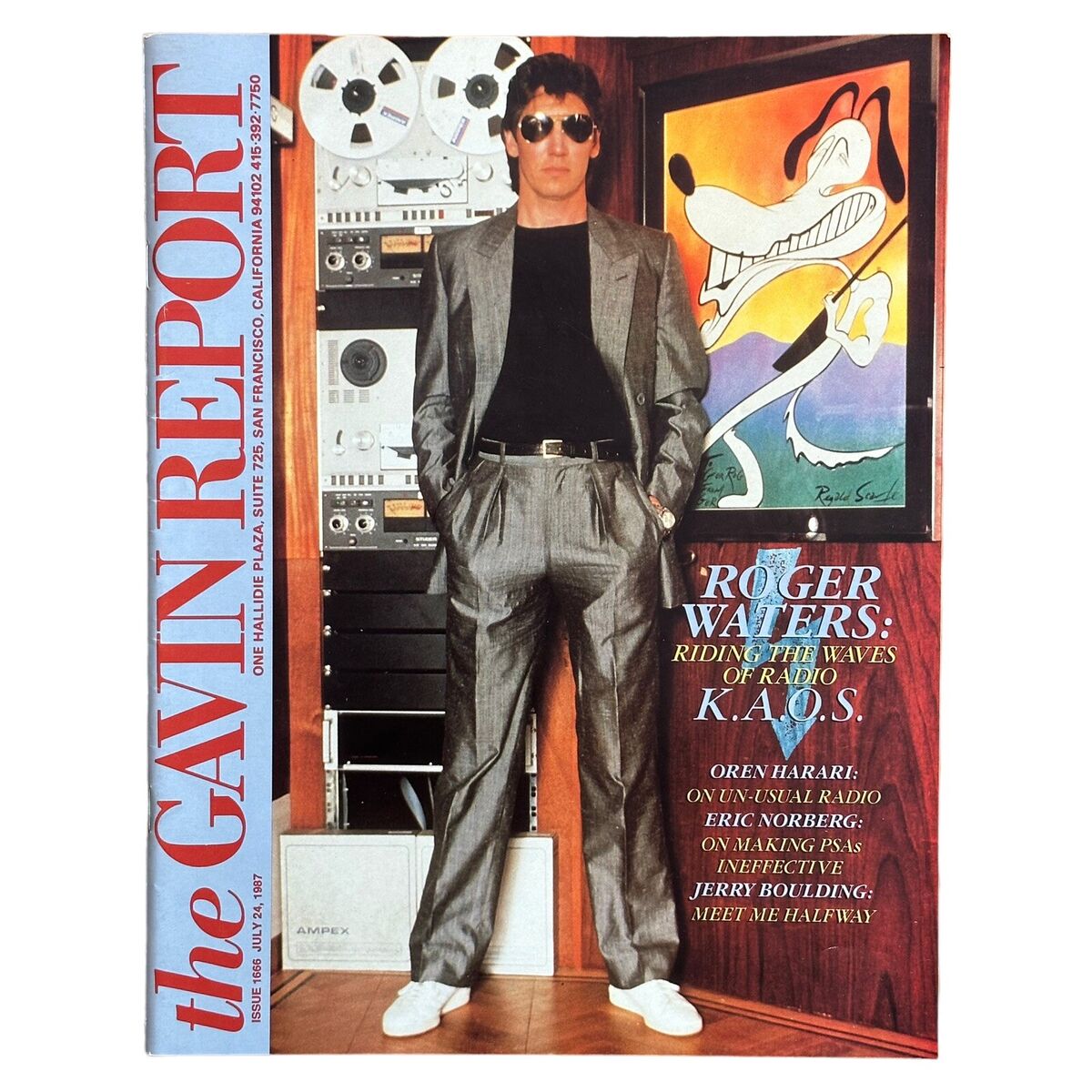The Gavin Report
"The Gavin Report," or the "Gavin," as it was widely known, was an influential weekly music industry trade magazine, published in San Francisco, United States, from 1958 until 2002. Named after its founder, Bill Gavin, a former disc jockey and record promoter, the magazine played a pivotal role in the evolution of the American music industry.
Bestowed with a palpable authority in the record industry, "The Gavin Report" served myriad roles throughout its publication tenure – a segmenter of radio markets, a predictor of hit records, and a reputable mediator between radio stations and record labels. Its research-intensive content included radio chart information and playlists, in-depth interviews with notable music industry figures, and cogent commentary on industry trends and issues.
Operating across the landscape of contemporary music, the magazine divided its music chart into distinctive formats, including Top 40, Adult Contemporary, Urban, Country, and more, providing a comprehensive coverage of music trends in the United States. Subsequently, these charts became benchmarks for both music programmers and record companies, chiefly due to the meticulousness of their compilation process.
Among the trailblazing initiatives undertaken by "The Gavin Report" was the "Gavin Seminar," an annual conference inaugurated in 1964 that brought industry professionals into dialogue with artists, music directors, program directors, and other influencers. These annual gatherings were particularly renowned for the "Gavin Awards," which recognized outstanding contributions to the music industry.
Bill Gavin’s editorial methodology, predicated on a strong belief in the symbiosis between radio and the record industry, established the ethos of "The Gavin Report". This approach garnered the enduring respect of the industry, bolstering the magazine's reputation as one of the industry’s leading sources for music and radio insights.
The cessation of "The Gavin Report" in February 2002 underscored the end of an era in the American music industry - an industry that had been significantly shaped by Bill Gavin's insights, initiatives, and indelible influence.{{Categories}}